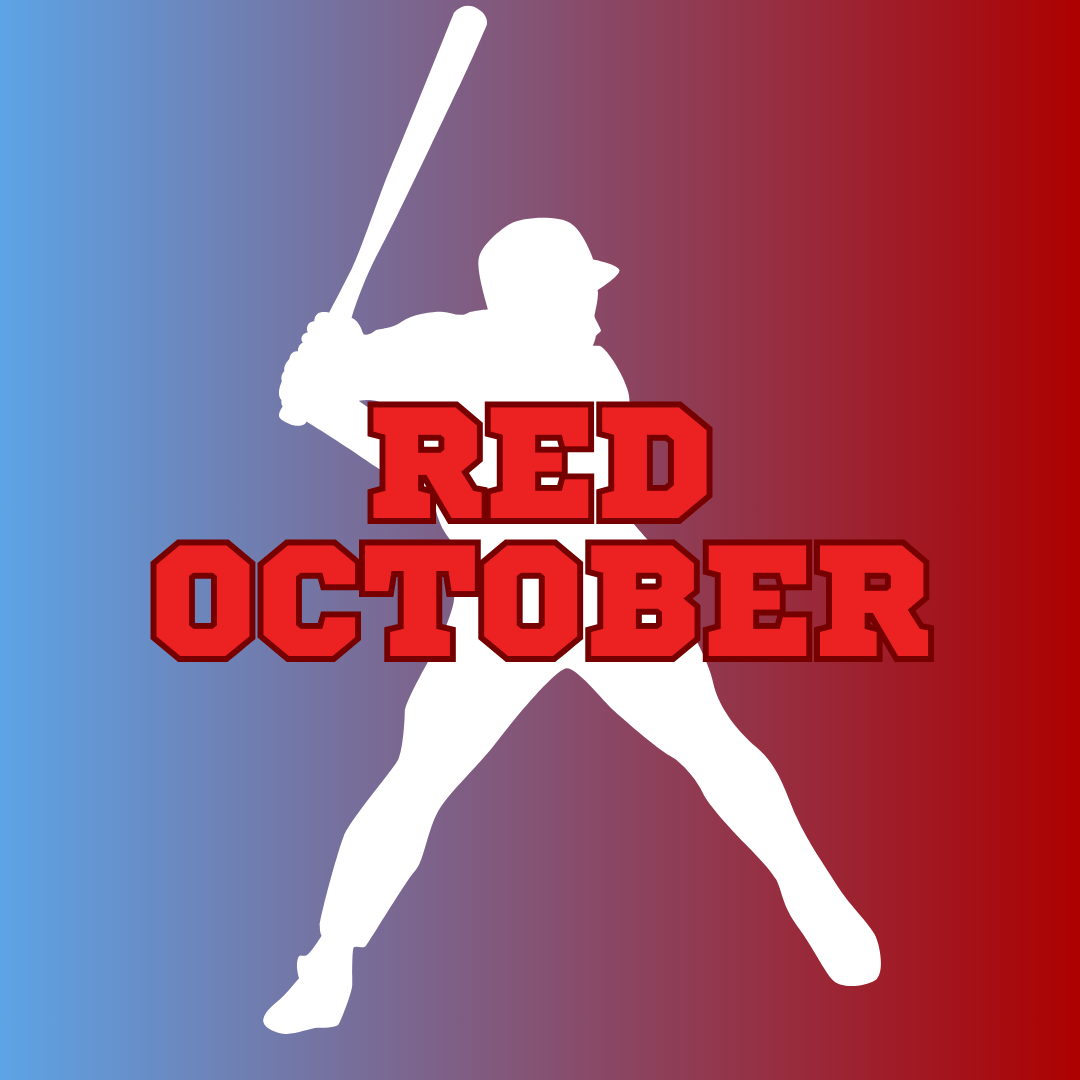On March 22, 2018, Jill Bodensteiner J.D., told reporters at her first press conference as St. Joe’s first female director of athletics that she would not be passive in her new role.
“I want to put my own stamp on a place, and I couldn’t be more excited about the opportunity to do that here,” Bodensteiner said.
Bodensteiner did just that a year later, on March 19, when she announced that Phil Martelli was being fired after 24 years as head coach for the men’s basketball team. She was transparent, announcing that letting Martelli go was her call, but that the decision was made in part with University President Mark Reed, Ed.D.
“Ultimately, this is my decision and I own that,” Bodensteiner said. “I know it’s an unpopular one among some, but I own that.”
Unpopular is an understatement, especially if you consult social media. Twitter users have resorted to grade school-esque name-calling to voice their opinions on Martelli’s firing.
If you search Bodensteiner’s name on Twitter, you will find that she is “classless,” a “gutless wench,” and an “ass clown face.”
Would this be the collective reaction if Bodensteiner were a man?
You would be hard-pressed to find a male athletic director referred to as “Mr. so-and-so” like a tweet that said “Miss Jill Bodensteiner.”
According to a 2018 analysis by HigherEdDirect, a higher education company, 12 percent of the 339 Division I athletic directors are female, with the number of female athletic directors across all three divisions of the NCAA doubling since 1990.
Universities hiring more women in these positions is commendable progress, but the comments made about Bodensteiner prove we still have more work to do in addressing sexism in sports.
Another tweet directed at Bodensteiner reads, “Nice job showing no respect to someone who has more knowledge about your job in his left pinky.”
There is no doubt that Martelli has had one of the most storied careers in college sports, but that does not make Bodensteiner an amateur. An attorney since 1997, Bodensteiner joined the University of Notre Dame’s athletics department in 2009 and was promoted to senior associate athletics director a few years later.
A man who has 10 years of experience in Division I athletics, especially at an institution with a reputation like Notre Dame, would be shown a lot more respect.
One tweet of the past week reads, “Keep in mind, St. Joseph’s and La Salle are both women’s universities now. Basketball is meaningless.”
The man who tweeted this is pretty explicit in stating that women in sports bring down the institutions they work for. La Salle University has a male athletic director, so I can only assume this Twitter user is referring to the university’s president, Colleen Hanycz, Ph.D., who is a woman.
How did sports become such a boys club? Women play sports (thanks to Title IX, a law passed in 1972 that forced schools to give us such an opportunity). Women coach sports. Women can know sports.
I’ve played sports since I was six years old. I started writing for the sports section of The Hawk my first semester here. I became the Assistant Sports Editor my second semester and eventually became Sports Editor.
I earned an internship with the sports desk of the Philadelphia Inquirer as a sophomore, all in spite of the fact that I’m a woman.
My name is Alex; I’ve shown up for countless interviews or made phone calls after emailing with someone, and the first thing they say is, “Wow, I expected you to be a guy.” Not only am I a woman in a position of power, but I’m also a woman in sports—inconceivable.
I didn’t have a problem being the only woman surrounded by men on press row, because that’s how the industry is. I did have a problem with being patronized by older men who saw me as inferior, because I’m a young woman.
People have looked past me and instead spoke to the male photographer next to me, because, you know, how could I possibly understand?
I learned to take the inherent sexism in stride, as I’m sure a lot of women in the sports world have learned to do. But we shouldn’t have to.
Women in sports should not be immune to criticism. The criticism should simply be based on merit. Female sports journalists, athletic directors, coaches and players have to go through the same process of achieving success as men do, if not a more rigorous one.
Hawk fans and Philadelphians have a right to be upset with Bodensteiner’s decision, as long as they would be equally as upset if a man had made the same decision. There are some out there who would still be critical of it, but I suspect that the fact that the decision was made by a woman makes it somehow more ill-informed.
We should respect our director of athletics, trust Bodensteiner to make calls like this and not attack her because she is a woman. Let’s make 2019 the year where women have the same opportunity as their male counterparts to put their stamp on and lead an athletics department.














































